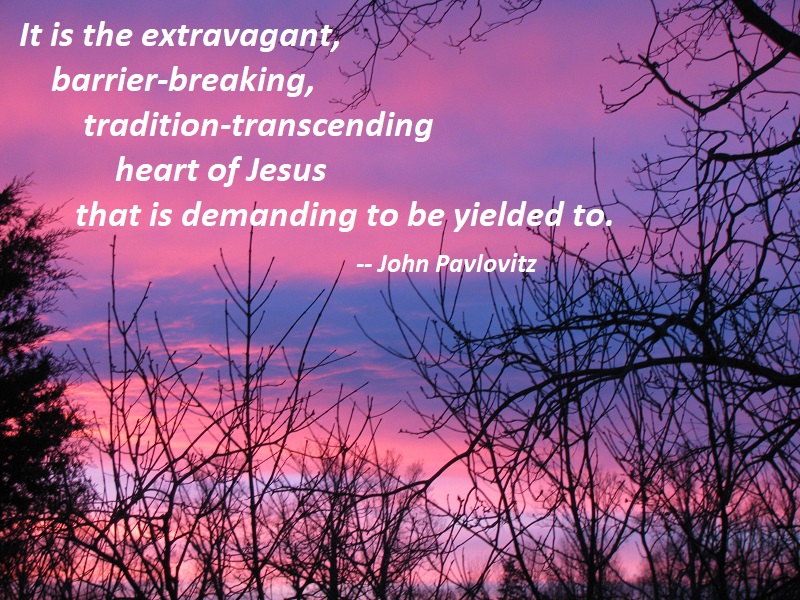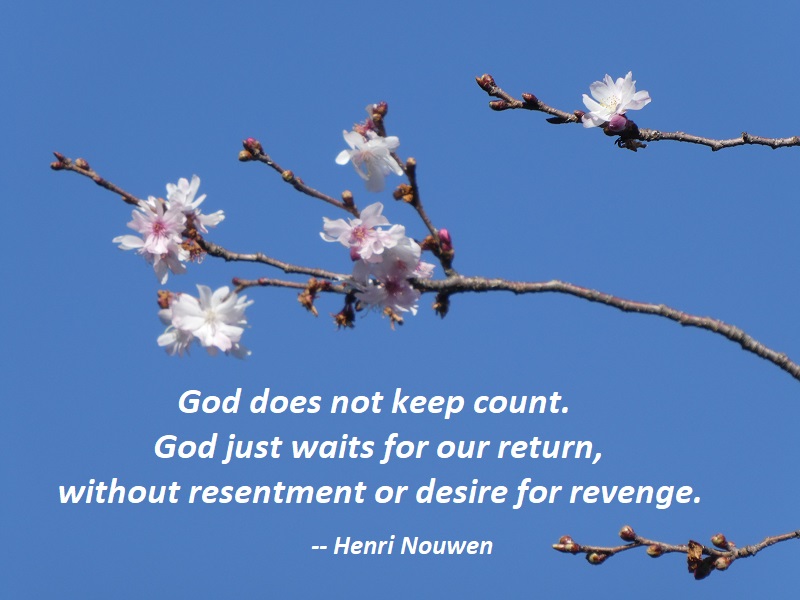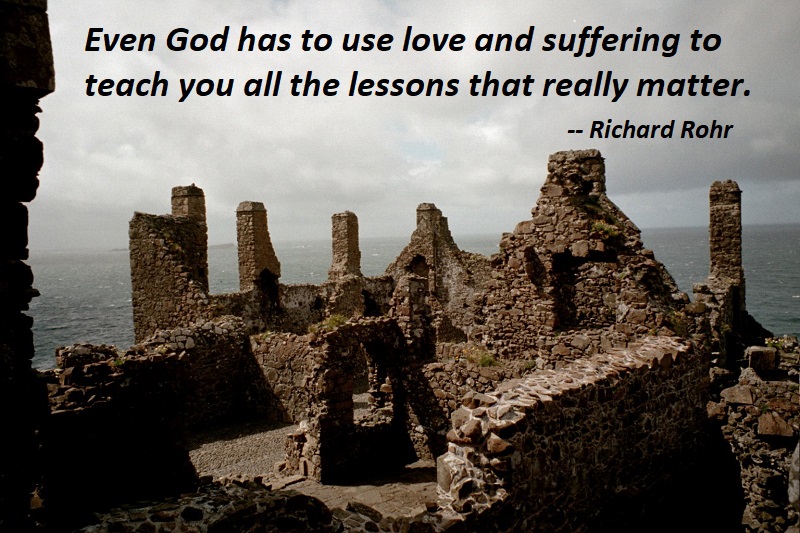
I lived this story for years. I preached it. I fully bought into this narrative of an angry God needing to be placated. I understand the reason it works and the crushing effect it has on us when we embrace it, and I know how disorienting it is to be compelled to cling to a loving Creator while simultaneously being taught to be terrified of what that Creator wants to do to you if you don’t cling correctly. It hasn’t happened in an instant, and I can’t quite say how I got here, but I am simply living in a different story now. I still have God and Jesus and the Holy Spirit — but I don’t have fear anymore the way I used to. That isn’t to say that I don’t have “the fear of the Lord” that the Bible speaks of, that awe and wonder that recognizes my smallness and God’s indescribable scale and beauty. In fact, my view of God is as expansive and reverent and breathtaking as it’s ever been. It just isn’t defined by the rigid Christian narrative of my childhood that says I am an enemy of God at birth.
If God is God, then God is intimately aware of the path you’re on. God sees your striving, your desire to know, your efforts to love better, and so even when these things take you from tradition or orthodoxy or surety, there can be peace there and trust that God is present. Looking at the long, meandering road you’ve been on, how can you possibly define some precise pass-fail in all of that? If you feel the table of your hospitality expanding, if you feel the container you had for God being shattered, if you yourself are being drawn to something deeper than the religion of your past, that is the pull of God. It is the extravagant, barrier-breaking, tradition-transcending heart of Jesus that is demanding to be yielded to. To the gatekeepers and the finger pointers, this surrender to God will look like rebellion. They will demand guilt for the conclusions you’ve come to and repentance from the path you’re on. you will need to be steadfast and rest in the love that casts out all fear. They will snicker and condemn and dismiss. They will name this heresy. They will call this a mutiny. To you, it is a progression.
— John Pavlovitz, A Bigger Table, p. 166-167
Photo: Sunrise, South Riding, Virginia, March 16, 2015









